UK cost of living crisis, impact on life expectancy
A new study has shown that Britain's cost of living crisis, which mainly results from the government's economic policy, is projected to cause thousands of premature deaths this year.
The results of the research were published by the BMJ Public Health Journal. The study showed that the cost of living crisis and sustained period of high prices will reduce life expectancy across the country by 6.5% this year,
The predicted increase in premature deaths, from a baseline of 463 per 100,000 people to 493 per 100,000, equates to thousands of extra deaths per year in the UK.
The study concludes that the most deprived households will experience four times more extra deaths than the wealthiest households, with the poorest having to spend a large proportion of their income on energy, the cost of which has soared.
Evidence shows low income is associated with poor health, and that falls in income adversely affect health. According to last month's figures, inflation in the UK stood at 6.7%.
For me this whole conversation is about whether I heat the house, or whether I breathe, and it’s so hard to describe what that feels like, in real terms, because it’s an immediate threat to your life.
Michaela Hollywood, Chronic Patient
Although it was down from a high of 11.1% Britain's inflation still remains the highest among the member states of the Group of Seven.
The economic prospects of Britain are rather grim. A report by the Washington based Peterson Institute for International Economics forecasts that the UK economy will shrink this year and in 2024, with a drop in GDP this year of 0.3% to be followed by a fall of 0.2% next year.
Now if we look at the data that we've seen recently, obviously there can be some revisions in the GDP data. We saw quite a contraction in July.
Now we are expecting perhaps there are some quirks in the data that we haven't seen as much industrial action recently. And there could be some technical issues and a rebound.
But I think the outlook for the rest of this year is quite weak when we see that, as you've mentioned, in the PMI surveys both manufacturing and services moving into contraction.
Sree Kochugovindan, Senior Research Economist
There are fears that the UK, which is suffering from structural economic conditions, factors related to the underlying weakness of the UK economy, and the fallout from Brexit, will leave the UK behind, while most other developed economies expand.
The UK was also suffering from an unequal recovery that benefited better off households, while the bottom half of the income bracket continued to be affected by falling real incomes.
Persistent inflation, falling real incomes of low income households, and a shortage of workers, will result in a drop in the country's gross domestic product. Cuts to government spending next year will also drag on economic growth.
The Bank of England held rates at 5.25% and activity on the financial markets showed investors expect that there will be no change at the next meeting in November.
The next move could be upwards and should inflation prove to be more stubborn than the central bank's forecasts predict, despite a weakening of economic growth.
I think really what we're seeing is they are worried about the recession. They are worried about weaker growth and they think that perhaps going into the rest of this year, inflation is likely to continue to decelerate.
So what we're seeing is the large impact of fairly aggressive monetary tightening, really starting to bite, and they're probably thinking right that here is the time to pause.
But we don't want to get too complacent. There are still a lot of inflationary pressures ahead.
Sree Kochugovindan, Senior Research Economist
The economic crisis and persistent inflation has caused trouble for the ruling Tories in the UK. Prime Minister Rishi Sunak's popularity has fallen to its lowest levels ever.
Some 68% of Britons currently have an unfavorable view of the Prime Minister, the highest figure since becoming Prime Minister, but only 23% have a favorable view of him.
The truth is the floor fell in for millions of families because of their economic mayhem.
The classroom ceilings collapsed because he cut vital school budgets.
Now the walls of our national security have been breached because they've ignored repeated warnings.
No one voted for this shambles.
No one voted for him.
So how much more damage do the British public have to put up with before he finally finds the stomach to give them a say.
Sir Keir Starmer, Labour Party Leader
VIDEO | Pro-Palestine demos spread to Europe as students occupy campus in Paris
Two Palestinians killed by Israeli forces in West Bank
VIDEO | Islamabad rejects US report on rights practices in Pakistan
VIDEO | Yemenis endorse naval forces' attacks on Israeli-linked ships
VIDEO | New national transport strike hits Italy
US to pull out troops from Chad in second African state withdrawal
Yemeni armed forces strike British oil tanker in Red Sea
VIDEO | Genocide in Gaza


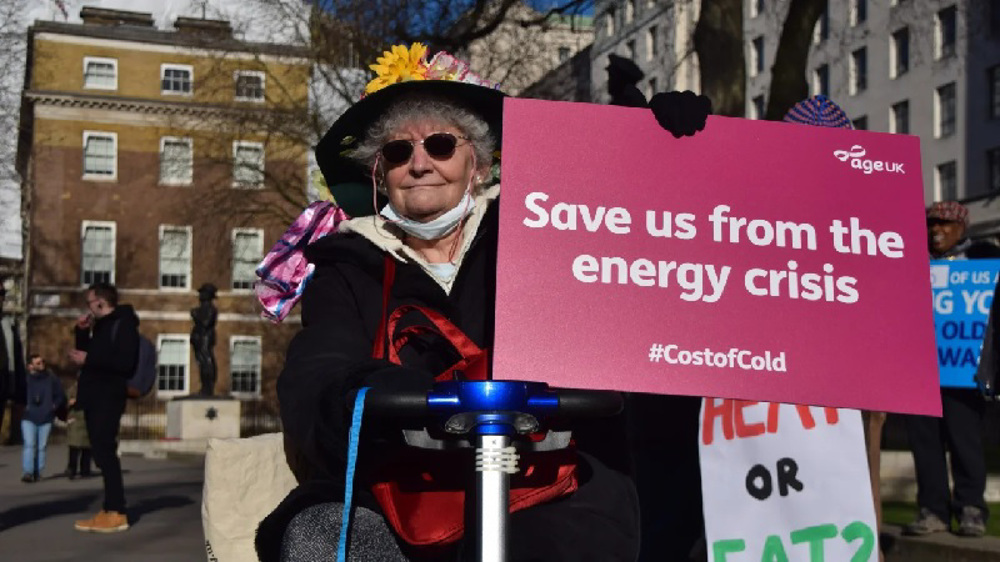


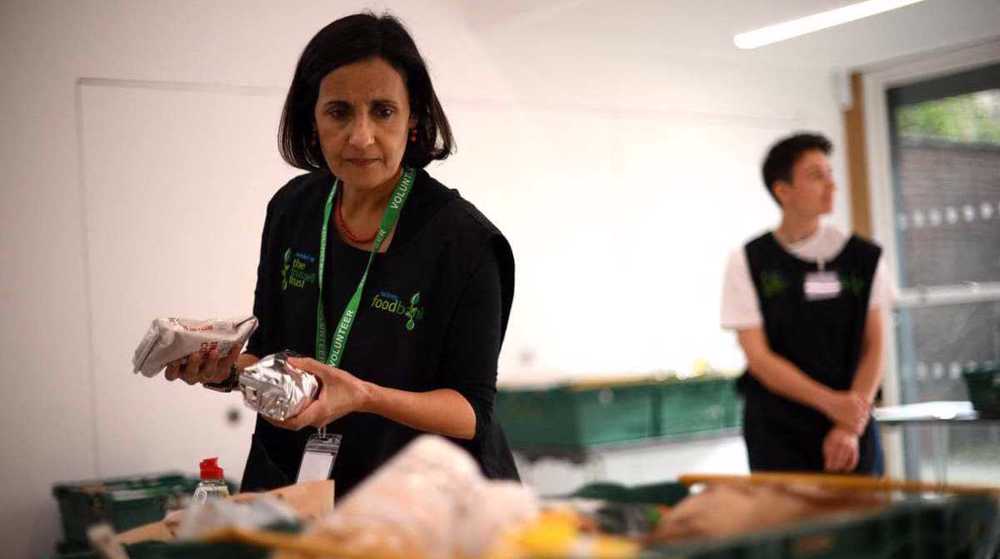
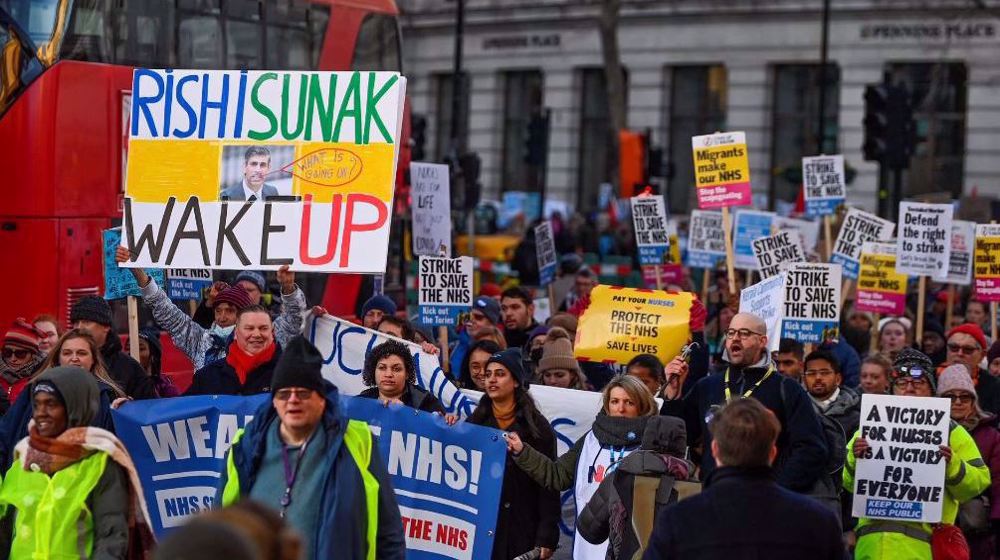
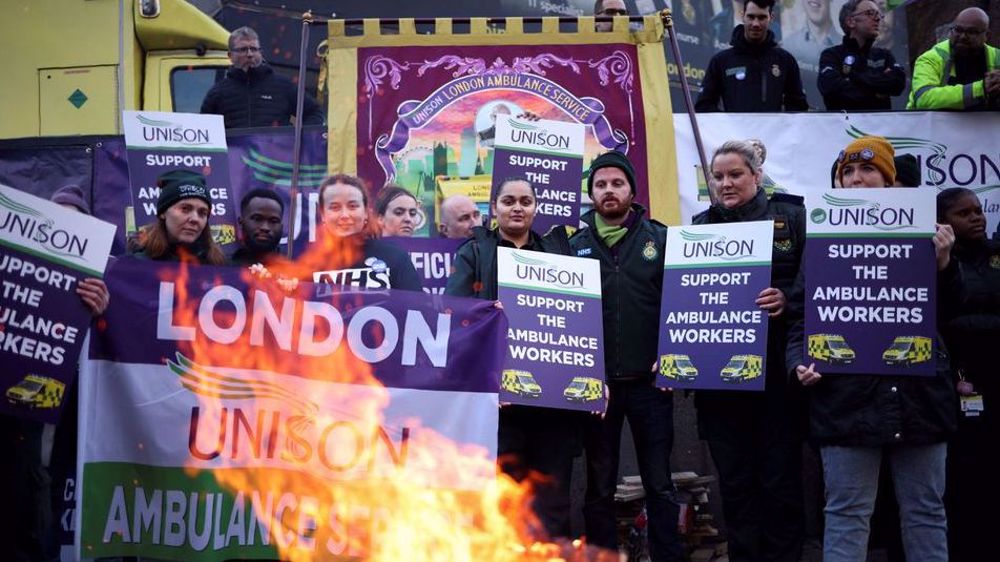
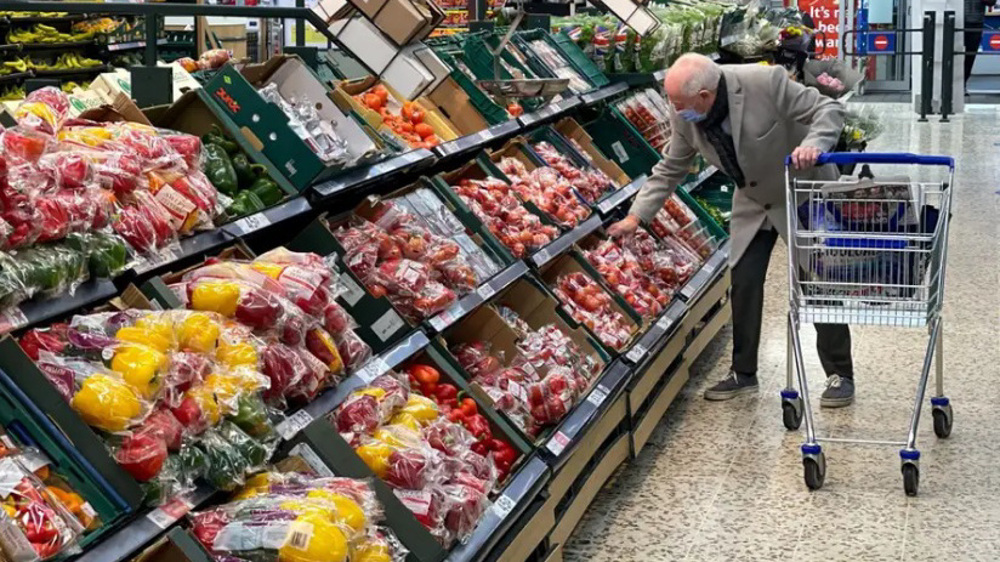


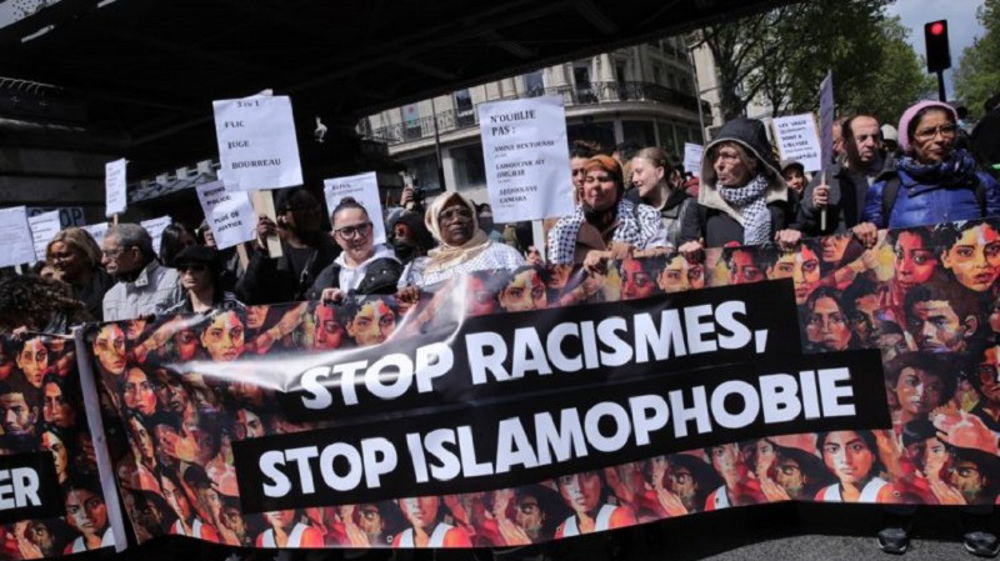



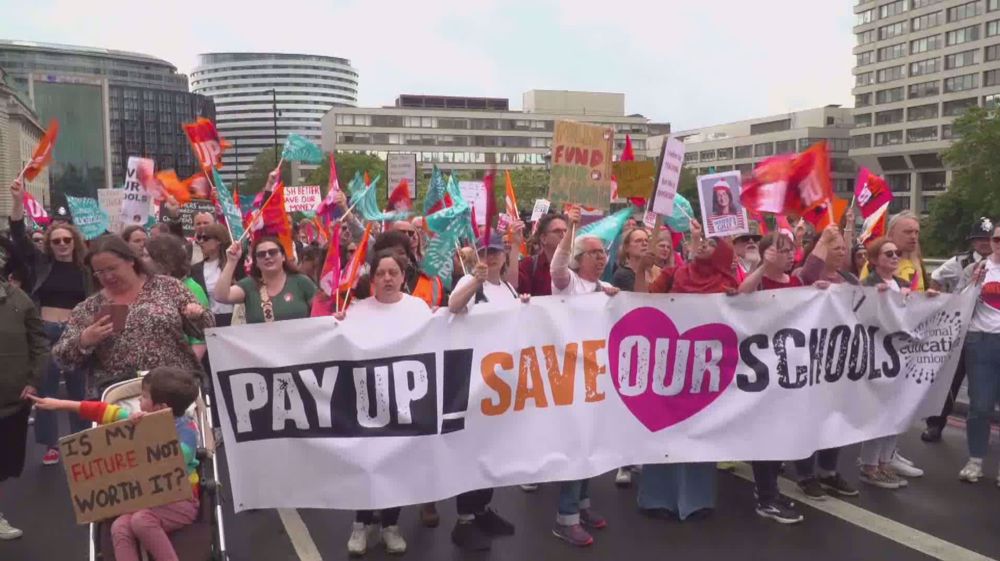

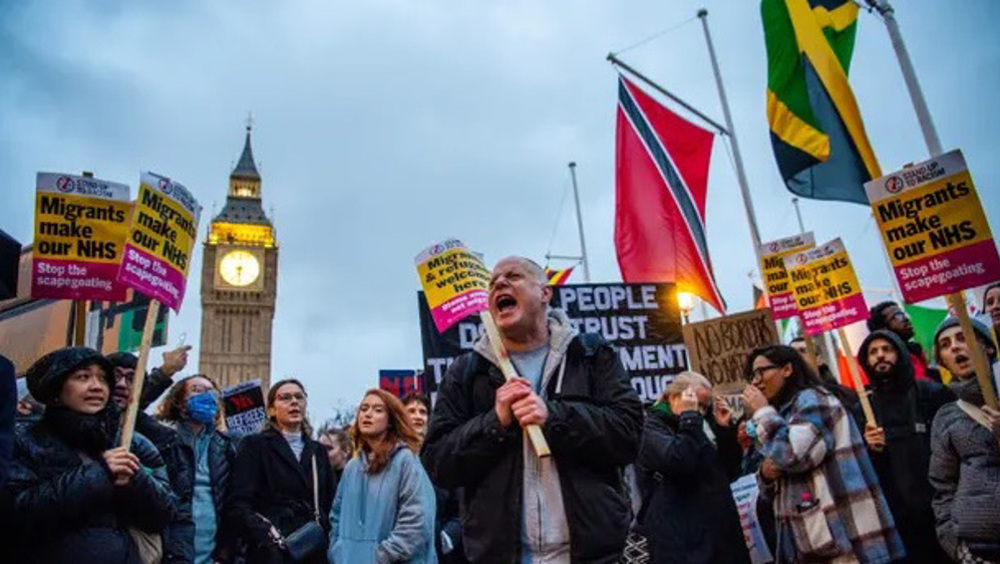


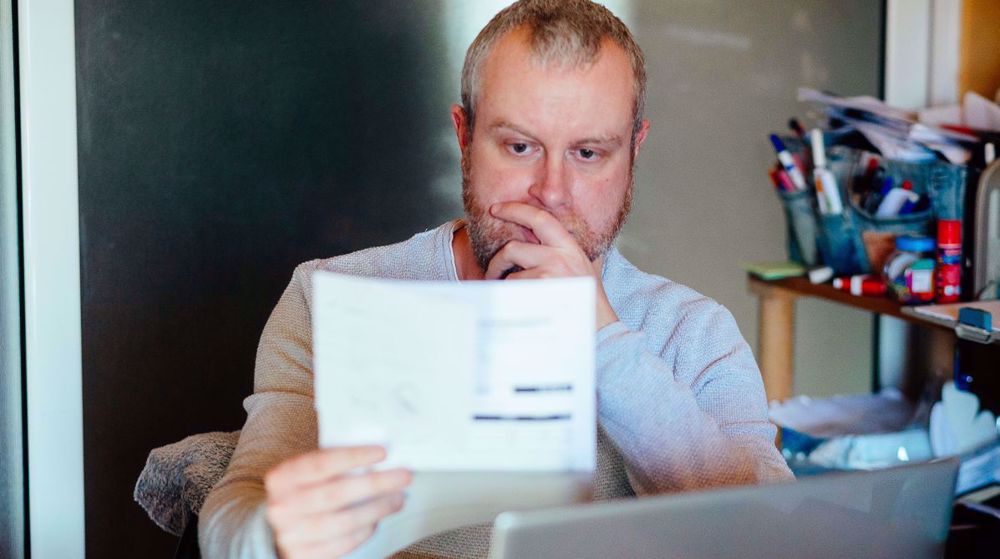
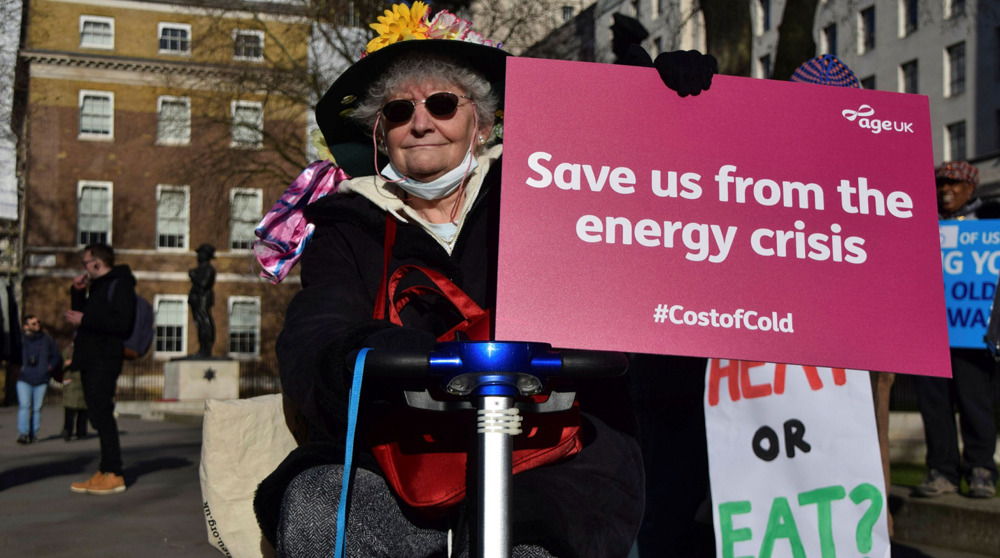


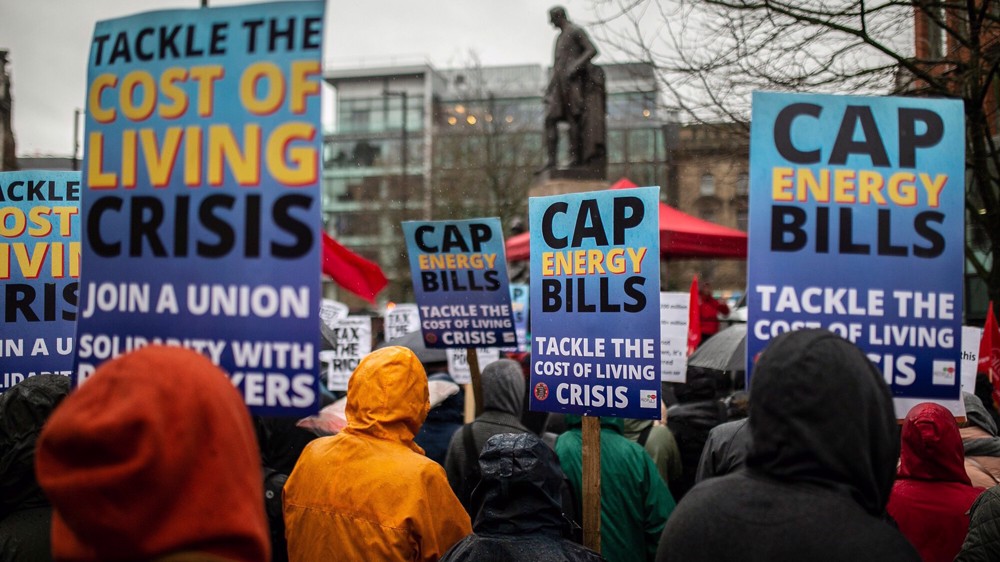

 This makes it easy to access the Press TV website
This makes it easy to access the Press TV website